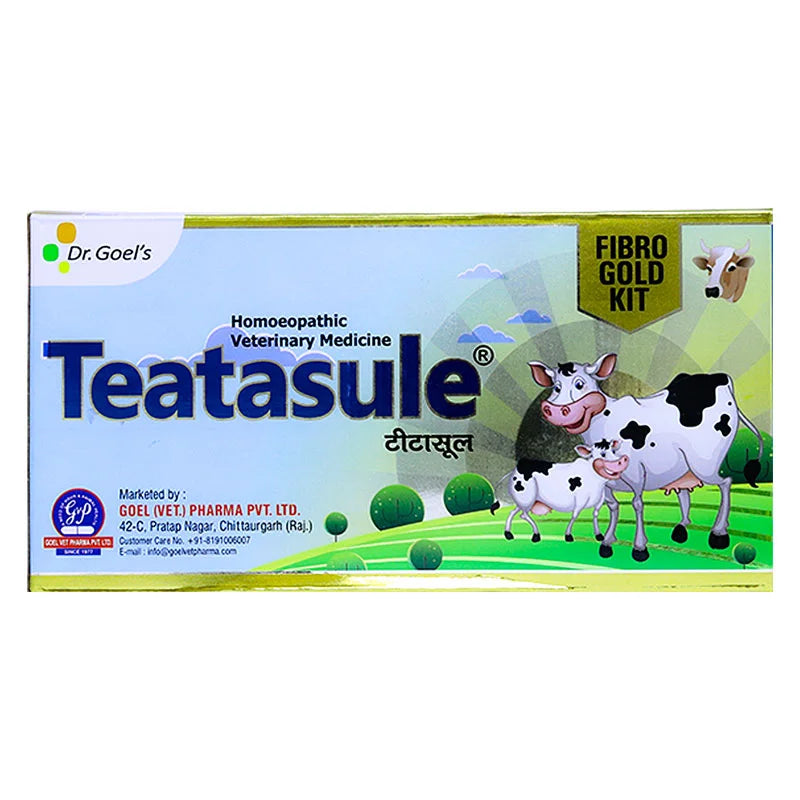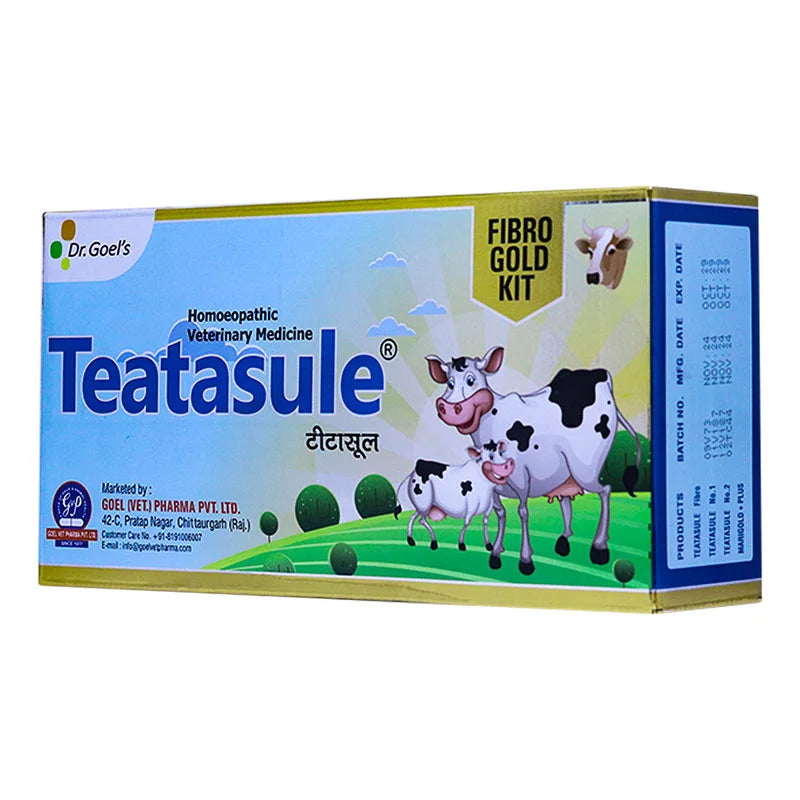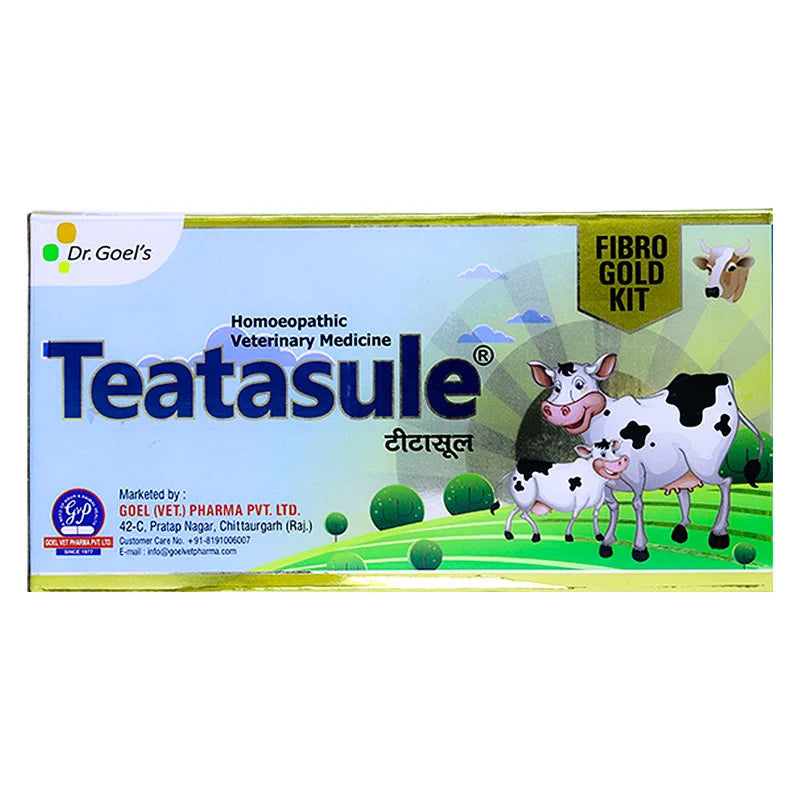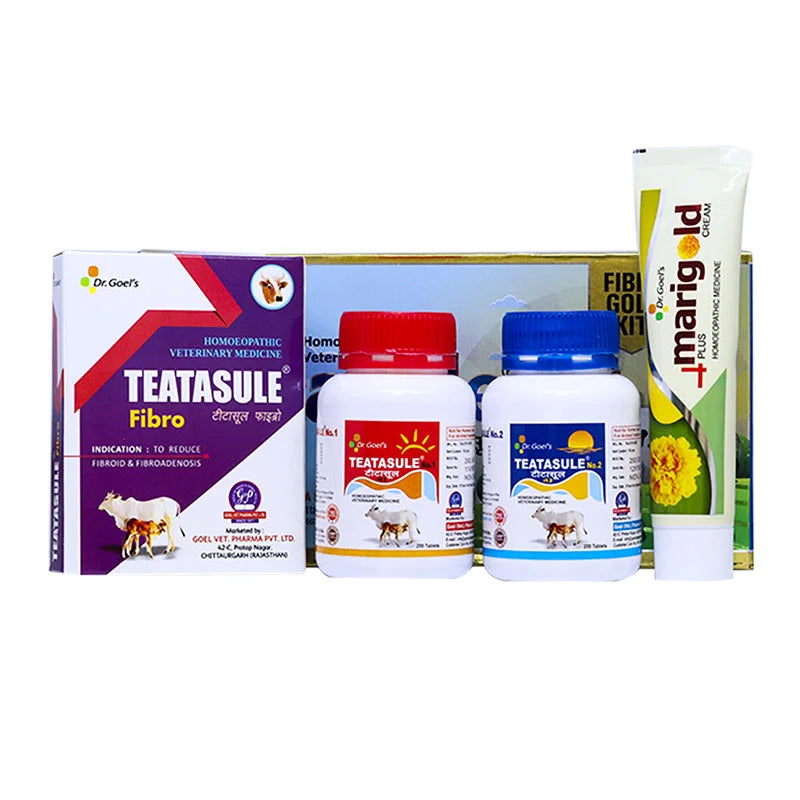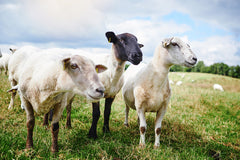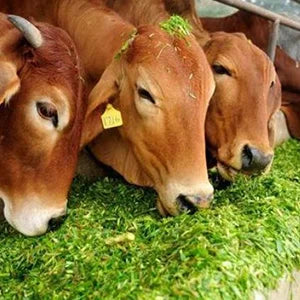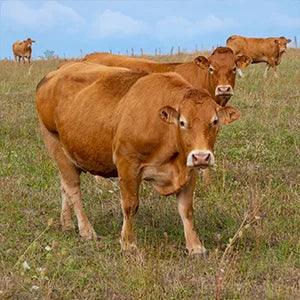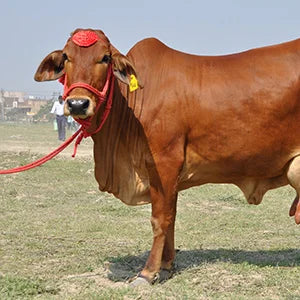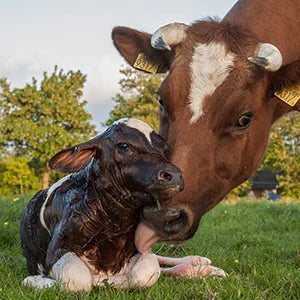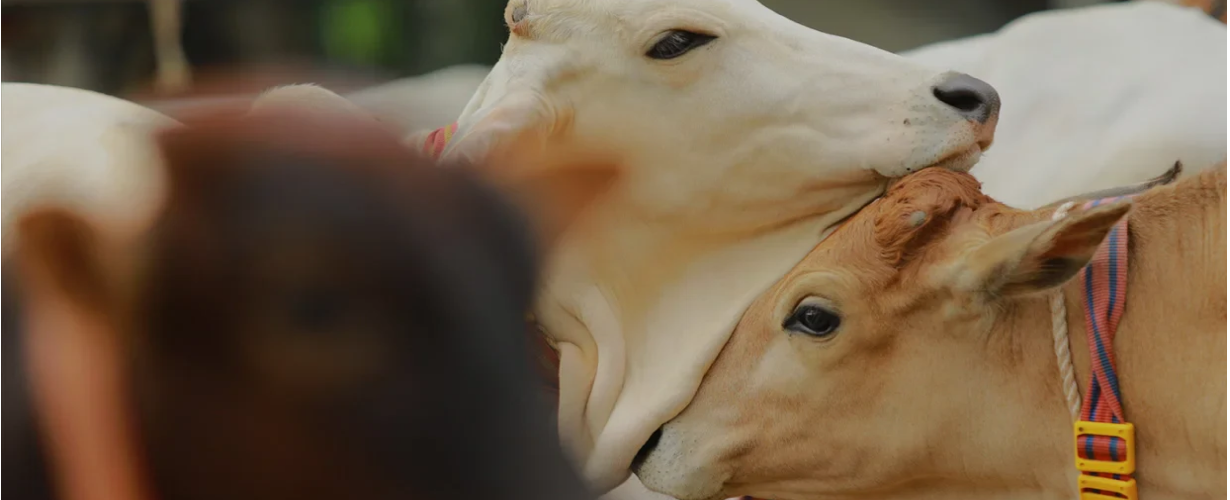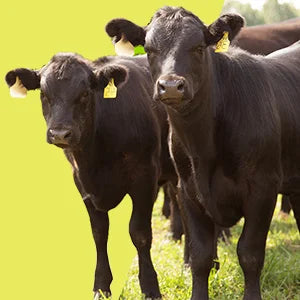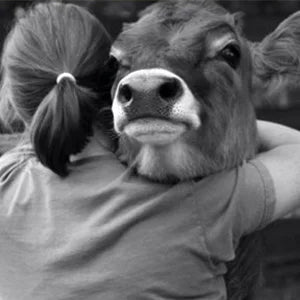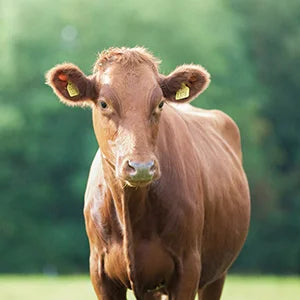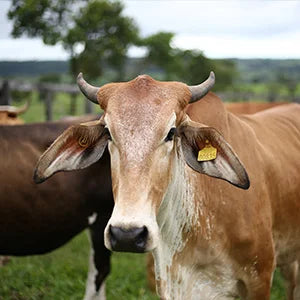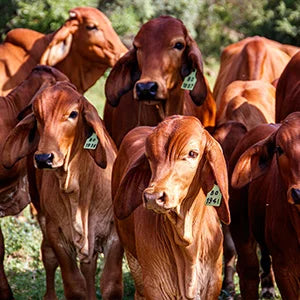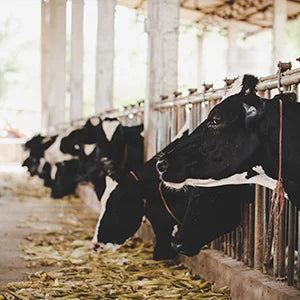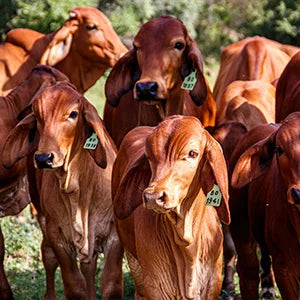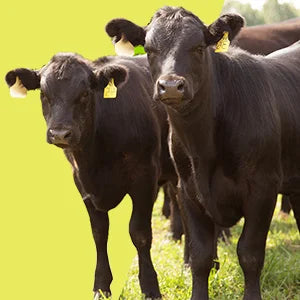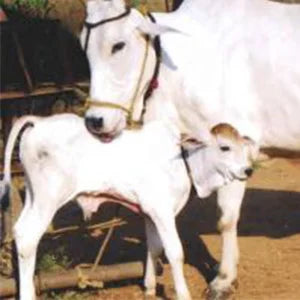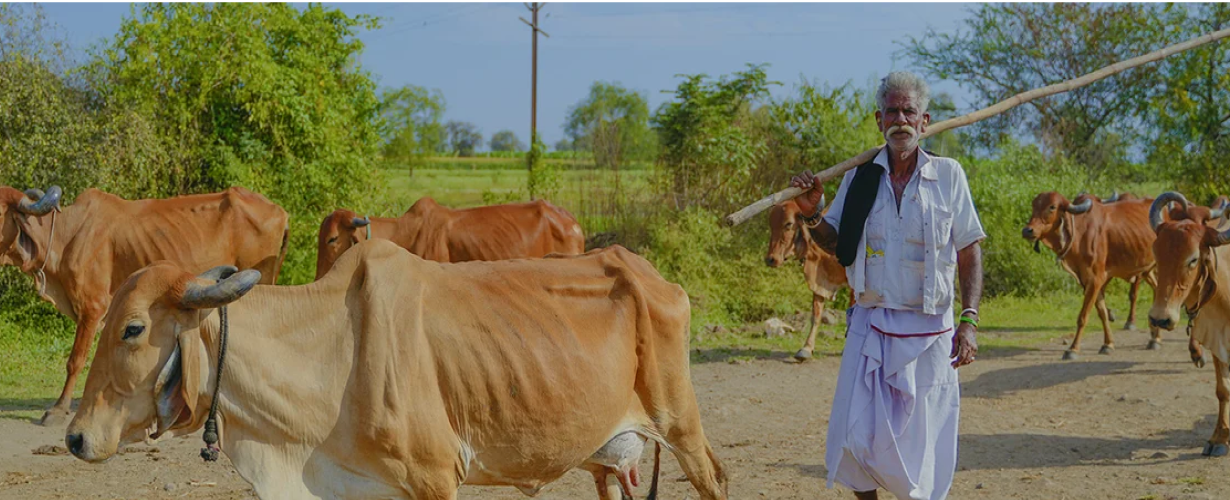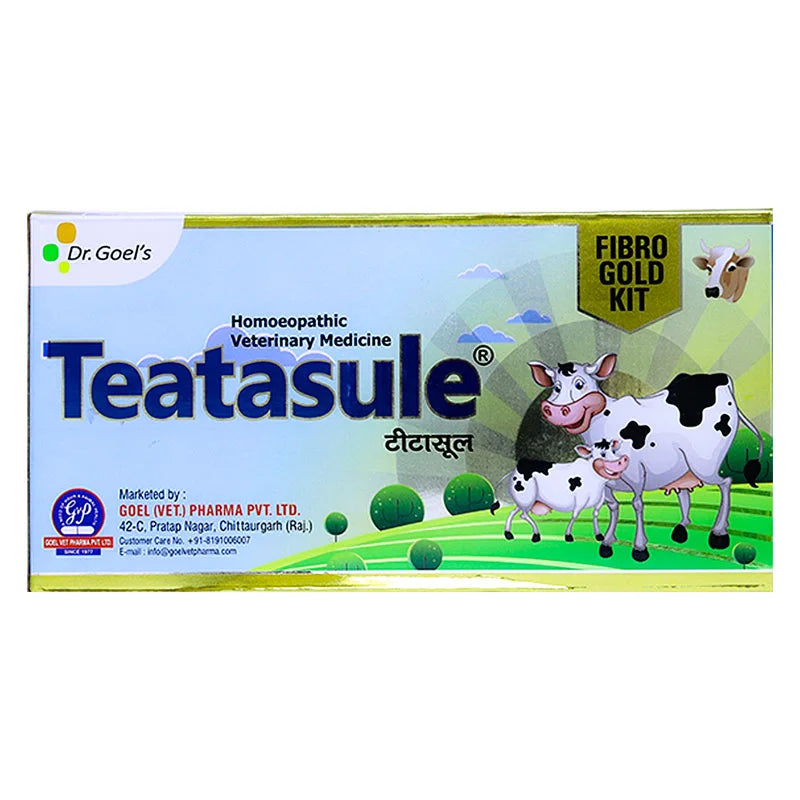Mastitis in cattle is an udder inflammation often caused by bacterial infection. It leads to reduced milk quality and quantity. Prevention includes good hygiene, proper milking practices, and prompt treatment with antibiotics. Chronic cases may require veterinary attention.
Common causes of Fibrosis in Cattle include:
-
Chronic Infections
Bacterial and parasitic infections contribute to prolonged inflammation, leading to fibrosis in cattle.
-
Toxic Exposures
Mycotoxins and chemical toxicity, often from contaminated feed, induce organ damage and fibrosis in cattle.
-
Metabolic Conditions
Fatty liver disease and copper toxicosis, associated with improper nutrition, result in liver damage and fibrosis.
-
Repetitive Trauma or Stress
Injuries from mishandling, inadequate housing, or transportation stress can cause chronic stress-related fibrosis in cattle.
Tips for Prevention of Fibrosis problem in Cattle
To prevent fibrosis in cattle, focus on a proactive health program, proper nutrition, and stress reduction. Regular veterinary check-ups, clean environments, and well-managed transportation also play key roles in minimizing the risk of fibrosis issues in cow and buffalo.
Symptoms of fibrosis in Cattle
-
Respiratory Distress
Look for signs like coughing, labored breathing, and reduced exercise
tolerance, which may indicate fibrosis in the respiratory system. -
Digestive Issues
Watch for decreased appetite, weight loss, and changes in bowel
movements as potential indicators of fibrosis affecting the digestive
tract. -
Decreased Milk Production
A sudden decline in milk yield could be a symptom of fibrosis, particularly in the udder.
-
Generalized Weakness
Generalized Weakness
-
Enlarged or Swollen Organs
Check for an enlarged liver or spleen, which can be indicative of fibrosis in these organs.
-
Edema
Swelling, especially in the legs or abdomen, may be a sign of fibrosis-related fluid retention.
-
Reduced Reproductive Performance
Lower fertility rates and irregular estrus cycles can suggest fibrosis affecting reproductive organs.
-
Changes in Behavior
Observe for signs of agitation, restlessness, or expressions of pain or discomfort associated with fibrosis.
-
Jaundice
Yellowing of mucous membranes or skin may be a symptom of fibrosis-related liver dysfunction.
-
Poor Coat Condition
A dull or rough hair coat can be an external indication of underlying fibrosis issues in cattle.
Trusted by Veterinarians
“As a veterinarian, I am thrilled to endorse Dr. Goel Vet Pharma’s homeopathic products for our furry friends. Their commitment to advancing homeopathic veterinary medicine is evident in the exceptional quality of their products. The innovative solutions they provide have significantly enhanced our ability to care for our animal patients, ensuring optimal health outcomes. I highly recommend Dr. Goel Vet Pharma’s products to pet parents for their unwavering dedication to the well-being of pet animals and the invaluable support they offer to the veterinary community.”
– Dr. Sakshi Sharma (B.V.sc. & A.H. M.V.Sc , NET)
Treat your Cattle from Fibrosis problem with Dr.Goel’s Teatasule Fibrogold Kit
TEATASULE FIBRO GOLD KIT is the best Homeopathic Veterinary Medicine for female animals in the case of chronic and clinical mastitis. TEATASULE FIBRO GOLD KIT is very effective in case of chronic or clinical mastitis when the udder is as hard as a stone, teats are shrunk with fibroids developed in the teats, and in teat cracks.
